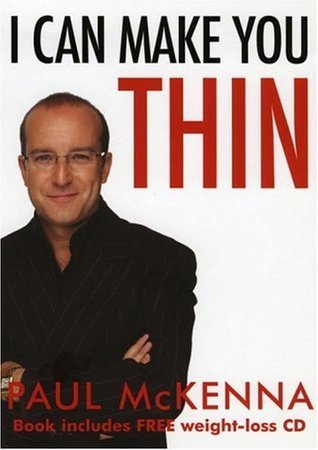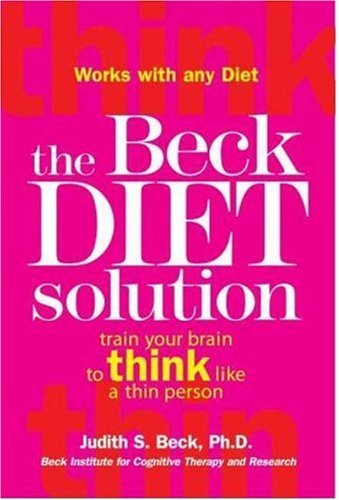
I Can Make You Thin
Book Description
Imagine transforming your relationship with food in ways that feel effortless and empowering. Paul McKenna’s 'I Can Make You Thin' unlocks the secrets to a healthier, more vibrant life, blending powerful psychological techniques with practical steps that shatter old habits. With a dash of inspiration and a roadmap to success, this book reveals how to break free from the cycle of dieting and embrace a new mindset that fuels lasting change. Emotional struggles, the battle for self-control, and the thrill of newfound freedom collide in this compelling guide. Are you ready to take the first step towards a lighter, brighter you?
Quick Book Summary
"I Can Make You Thin" by Paul McKenna leverages the power of psychology to revolutionize weight loss. Rather than promoting restrictive diets or punishing exercise regimes, McKenna introduces readers to a holistic and compassionate approach grounded in behavioral change. By targeting the mindsets and emotional triggers underpinning overeating, he offers techniques such as mindful eating, visualization, and emotional detachment from food. McKenna encourages readers to listen to their bodies, eat only when hungry, and stop when full, thus reclaiming a natural relationship with food. This book empowers individuals to break the cycle of yo-yo dieting, address emotional eating, and establish healthier, sustainable habits. With clear steps and motivational strategies, McKenna’s program provides a lasting solution for those seeking both physical health and psychological well-being.
Summary of Key Ideas
Table of Contents
Breaking Free from Dieting Mentality
Paul McKenna begins by examining why traditional diets fail, often trapping people in a never-ending loop of deprivation, guilt, and bingeing. He debunks the diet industry’s core assumptions and exposes how restrictive thinking actually undermines lasting weight control. By encouraging readers to reject the dieting mentality, McKenna paves the way for a more intuitive and positive approach to food and body image, restoring the possibility of freedom from food obsession.
Harnessing Psychology to Change Habits
Central to McKenna’s approach is the use of psychological tools to reprogram unhelpful habits. He introduces readers to neuro-linguistic programming (NLP) techniques, visualization, and positive affirmations designed to break associations between emotions and overeating. Rather than relying on willpower, McKenna suggests that change is achieved by shifting internal beliefs and patterns at a subconscious level, making new behaviors feel natural instead of forced.
Overcoming Emotional Eating
A significant portion of the book is devoted to helping readers identify and heal emotional eating triggers. McKenna explains the difference between physical and emotional hunger, guiding readers to recognize how stress, boredom, or sadness might lead to unhealthy eating. He provides practical exercises for detaching emotions from food and substituting self-soothing behaviors that don’t involve eating, fostering both awareness and self-compassion along the journey to health.
Developing Mindful and Intuitive Eating
The practice of mindful and intuitive eating becomes the cornerstone of McKenna’s method. He empowers readers to tune in to their bodies’ natural cues—eating only when genuinely hungry and stopping as soon as satisfied. Simple but powerful steps, such as eating slowly, savoring flavors, and being present in the moment, help to rebuild innate body trust, making overeating less likely and enhancing overall enjoyment of food.
Creating Lasting, Positive Change
Finally, McKenna focuses on how to establish lasting, positive change. He stresses the importance of consistency and self-kindness over perfection, offering strategies to sustain progress, recover from setbacks, and celebrate both small and significant victories. By blending psychological insight with practical tips, he ensures that readers are equipped not just to lose weight, but to maintain a relaxed, healthy attitude towards food and themselves for life.
Download This Summary
Get a free PDF of this summary instantly — no email required.





